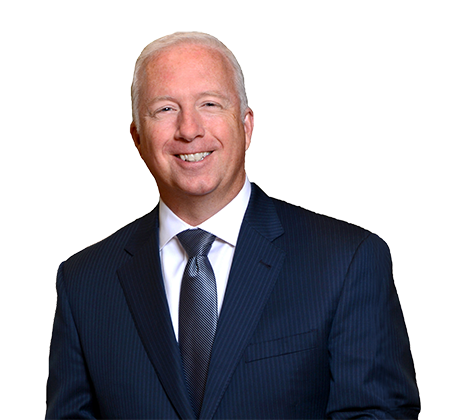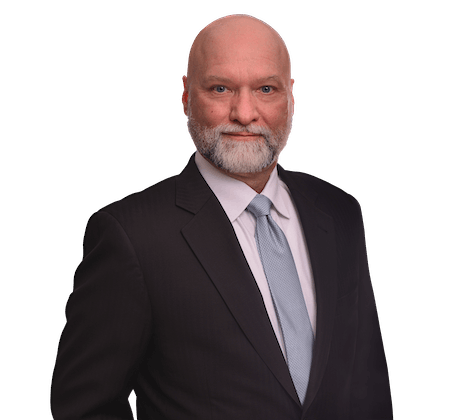|
On May 4, 2017, the New Jersey Supreme Court issued a ruling in Allstate Ins. Co., et al. v. Northfield Med. Ctr., et al (A-27-15) (076069), and held that only a plain-language understanding of the term “knowing”, which is an “awareness of” or “knowledge of” the illegality of one’s act, is required to establish a violation of the Insurance Fraud Prevention Act (IFPA). The Court rejected the notion that a plaintiff must establish a higher “mens rea” showing of “knowledge” that is required in a criminal insurance fraud prosecution. The Court’s ruling thus makes it easier to establish an IFPA violation.
The question presented to the Court involved the interpretation of the term “knowingly” in the IFPA provision that creates liability if one “knowingly assists, conspires with, or urges any person or practitioner to violate any of the provision of [the IFPA].” See N.J.S.A. 17:33A-4(b). The defendants argued that to prove that they “knowingly” violated the IFPA in connection with their assistance in helping to establish an illegal medical practice business model, Allstate had to demonstrate that they had to know, from dispositive case law or other binding interpretive decisions, that their conduct was illegal. The Court disagreed, and held that knowledge of a violation may be proven by circumstantial evidence even in the absence of a specific decision on point declaring the conduct to be illegal.
Allstate brought IFPA claims against a New York attorney and a California chiropractor (collectively, the “Defendants”), who after a bench trial, were found to have violated the IFPA by assisting a New Jersey chiropractor in creating an unlawful multi-disciplinary practice in the late 1990s, which submitted medical insurance claims to Allstate. The practice allegedly hired medical doctors in violation of N.J.A.C. 13:35-6.16(f), codified in 1992, which specifically provides that a medical doctor with a plenary scope of practice (i.e., M.D./O.D.) may not be employed by a licensee with a more limited scope of practice (i.e., chiropractor). Defendants argued that at the time they helped form the practice, there was no specific decision on point declaring the business model to be illegal.
The New Jersey Supreme Court held that Defendants “extensively promoted a professional practice structure that a fact-finder could reasonably conclude was little more than a sham intended to evade well-established prohibitions and restrictions governing ownership and control of a medical practice by a non-doctor.” Recognizing the broad anti-fraud liability imposed under the IFPA, the Supreme Court concluded that holding the Defendants responsible for promoting and assisting in the formation of an ineligible medical practice was not a novel or unanticipated application of the statute. The Court ruled that the trial court correctly applied a “plain-language” understanding of the term “knowing” under the IFPA and that its finding of a knowing violation of the IFPA was amply supported by the record. The Court specifically rejected application of a “mens rea” standard from the Criminal Code since liability under the IFPA is civil in nature. The Court explained that a “plain-language” understanding of “knowing” is well understood to be an “awareness of” or “knowledge of” the illegality of one’s act and that such knowledge need not come from a prior decision holding the precise conduct at issue to be a violation of a legal requirement. The Court also held that proof of such a “plain-language” understanding of a “knowing” violation need only be found to exist based upon a “preponderance of the evidence” standard.
The Supreme Court’s decision in Allstate v. Northfield is significant because application of the “plain-language” understanding of “knowing” may make it easier to establish a violation under the IFPA, particularly if a defendant argues that the illegality of the scheme was uncertain or too complex to understand that it violated the IFPA. By drawing a clear distinction between civil insurance fraud and criminal insurance fraud, the Court effectively lowered the bar to establish a violation of the IFPA’s assistance and conspiracy provision, making it easier to impose civil liability on defendants.
|
















